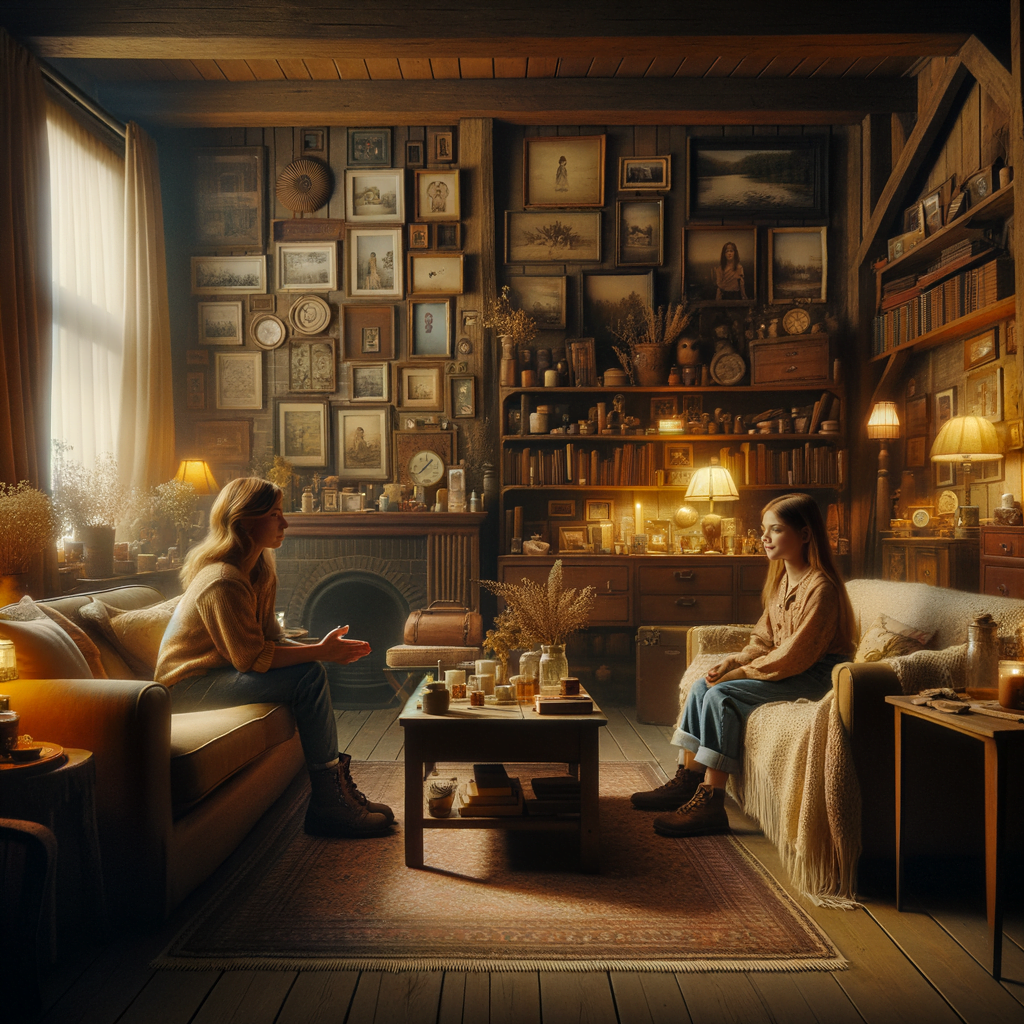Ah, the boundless energy and recklessness of youth. As I find myself comfortably nestled in the embrace of my mid-thirties, I can’t help but glance over my shoulder at the winding path I’ve traveled. If only life came with a manual on using mind and body, and how to fully live.
Alas, we learn largely through experience. So here are a few chapters of wisdom I’d share with my younger self. As you probably guessed, this is just Part 1 of a series, otherwise the content would get too lengthy. Without further delay, let’s dive right in!
Listening to Your Body’s Wisdom in Youth
If I could send a letter across the chasm of time to my younger self, I’d emphasize a vital truth: the illusion of invincibility in youth is nothing more than a mirage. Once, I bought into the enchantment of being young, brushing off aches and pains with flimsy excuses. Little did I fathom that these moments of neglect would weave themselves into the fabric of my future.
In the haze of youthful confidence, I harbored the misguided belief that the robustness of youth would effortlessly navigate me through life’s labyrinth. Now, as the bills of my misguided beliefs and inaction slowly come due, a moving lesson unfolds. I speak specifically of my negligence toward my posture – a silent accomplice to my university days spent leaning forward, perpetually hunched over. When I sought medical help, all I received were painkillers and a casual remark about incorporating some sport into my routine.
The wake-up call arrived when my body, long ignored, started screaming very loudly for attention. It was a revelation that prompted me to delve deeper, seeking alternative solutions and the right professionals. I realized the significance of listening to my body, a practice I wish I had embraced earlier. The body, it turns out, is a subtle communicator, dropping hints that require our attentive ear. The journey to understanding what works best for my body involved exploration, trial, and error – a process of uncovering the right button to click.
A prevalent misconception looms over diseases and aging – a resigned acceptance that ailments are an inevitable companion to growing older. However, diseases aren’t merely a byproduct of aging; they often trace their roots to accumulated bad habits over time. While it’s true that our bodies, resilient in youth, possess remarkable regenerative abilities, mistreatment during those formative years sets the stage for a challenging future.
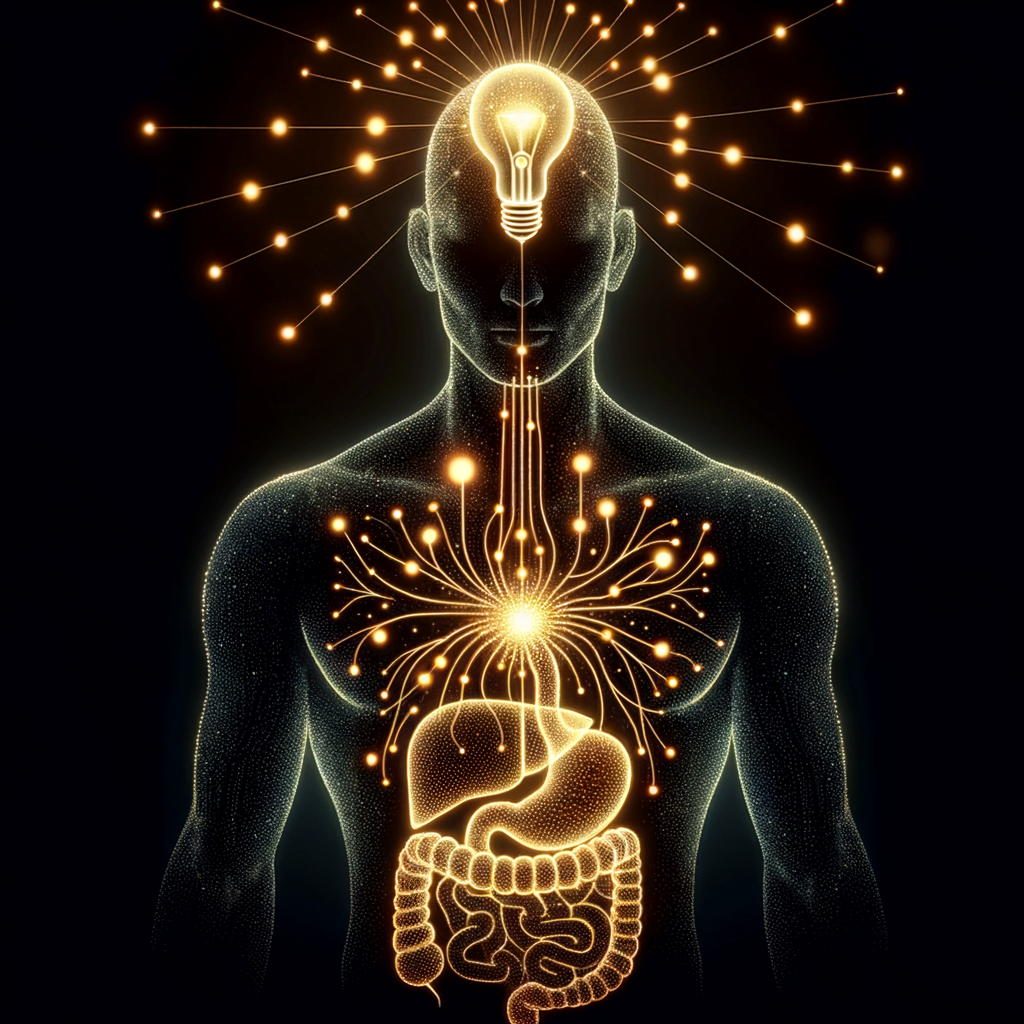
Life is rife with its own set of challenges; there’s no need to add the burden of avoidable health issues. It’s essential to debunk the notion that ailments are an inescapable fate and instead recognize the power and responsibility we hold to maintain our well-being. A couple of eye-opening books – ‘The Healing Self’, ‘Healing Breast Cancer Naturally’, ‘The Biology of Belief’, ‘The 9 Steps to Keep the Doctor Away’, and ‘Evolve Your Brain’, among others – reshaped my perspective on health.
In essence, my message to my younger self is this – tune into your body’s innate wisdom. Don’t ignore subtle signs or gut feelings that something is off. Take health concerns seriously, even minor ones. Don’t buy into the illusion of youthful invincibility – small problems grow when left unchecked.
Save your future self from pain – address issues in the present. Stay curious to uncover what your unique body needs. You have the power now to make choices that profoundly impact your wellbeing later. Don’t leave it to chance – be proactive. Your body will thank you.
Adopting Healthy Habits Early On
Building on our earlier conversation about tuning into your body, here’s a nugget of advice for my younger self: dive into regular physical activity and embrace yoga from the get-go! Though the years have passed, it’s not too late to change.
I’ll always regret lazily avoiding sports as a child. Academics occupied me, so exercise took a backseat. Now I envy flexible friends who have effortlessly danced ballet or tumbled in gymnastics their whole lives. Their posture and core strength came from foundations built through lifelong habits. Meanwhile I work now to improve my flexibility and strength, making up for lost time.
If only I had stuck with swimming lessons instead of quitting as a child after an uncomfortable diving experience. I clearly told my mother, “Never again, I am not coming back.” And I didn’t. But today I can choose to get back in the pool and rebuild my comfort. It’s not too late to benefit my back and neck.
Yoga is another regret. My father was actually a great example of yoga right in my own home. But as a young girl, I brushed it off despite his example. In the last couple of years, I got interested back in yoga thanks to work done by Dr. Joe Dispenza, through books and webinars. And more recently, additional inspiration came from one of Indra Devi’s books on yoga, a gift from my father that unexpectedly fell into my hands.
I think if I had adopted the habit of practicing yoga from an early age, I would have helped my nervous system considerably, lowered my stress, and increased my focus. I’m not saying I needed advanced yoga – even short, frequent meditations and breathing exercises could have made a big difference. How many of us really know how to breathe properly? Or understand the importance of relaxation? Those simple but profound practices keep our bodies in balance. In these times where mental illness and stress skyrocket among youth, I believe regular yoga from childhood could change the trajectory tremendously.
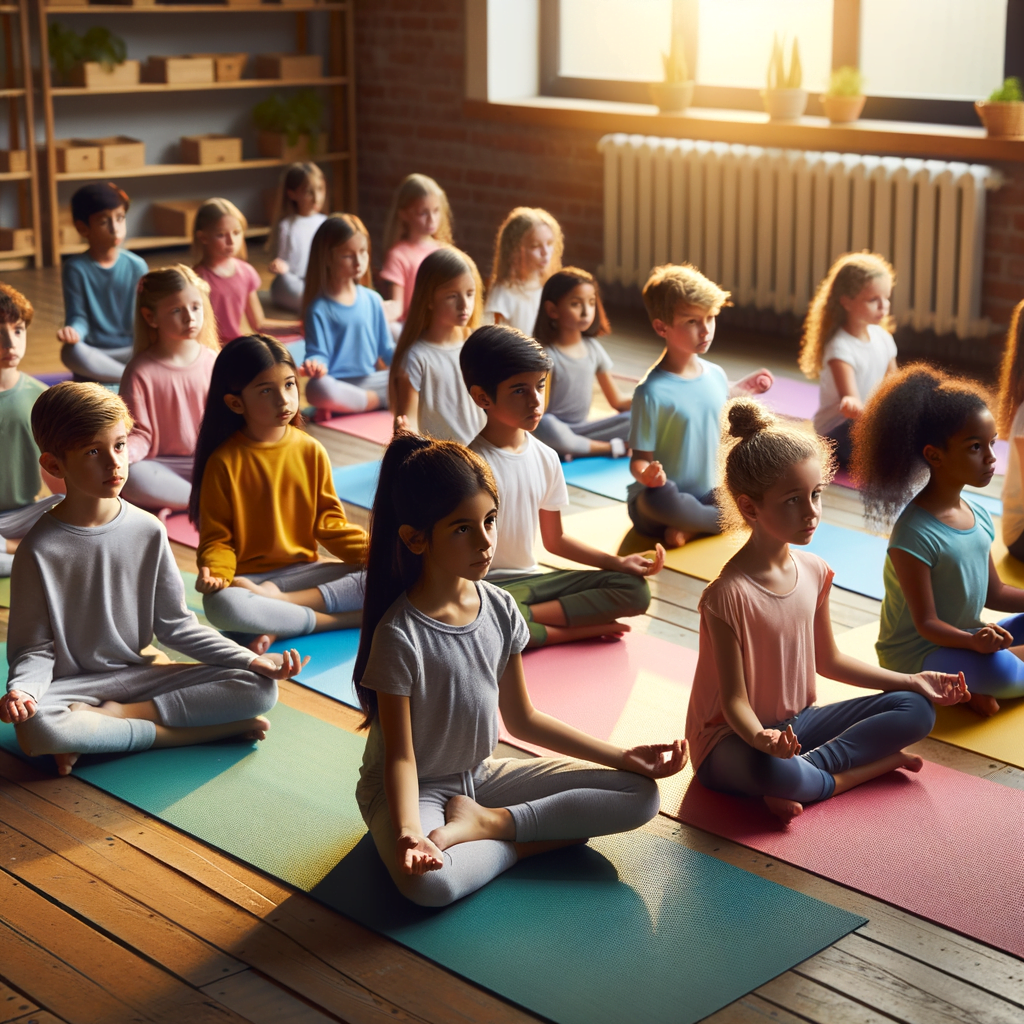
I cannot change the past. But research gives me hope. There is a very interesting blog article written by Dr. Gabriella Lancia, that proves my observations. Based on recent scientific reviewed papers, she extensively talks about how yoga and mindfulness aid child development in profound ways – improving emotional regulation, resilience, self-control. The earlier the better. Fascinating, isn’t it?
The Power of Mindset and Self-Compassion
This lesson is particularly touching for me, echoing the above mentioned themes about the power of the brain and the possibility of change. For that reason, I’ll delve more profoundly into this point, as it stands out as one of the more substantial pieces of advice I would share with my younger self.
If I could go back in time to meet my younger self, I’d impart this crucial message: “Avoid comparing yourself to others; instead, measure your progress against the person you were yesterday.” This golden nugget of wisdom could have spared me countless pains and struggles. The epiphany came after a particularly challenging period during my university years, where I grappled with the stark reality of my physics degree.
Previously lauded as a top-class student, I found myself in an unfamiliar terrain surrounded by brilliant minds. The constant echoes of my previous teachers’ praises became a burden as I struggled to keep up with the new academic demands. It was a period of adjustment, a transition from effortlessly absorbing lessons to spending evenings in the library, attempting to grasp the intricacies of physics. During those challenging university days, my constant self-evaluation against my peers felt like an incessant inner battle. It took time and introspection to comprehend the absurdity of measuring my worth against external benchmarks.
However, the realization struck – intelligence isn’t measured by how quickly you grasp concepts or how effortlessly things come to you. The real measure lies in the understanding that everyone is different, following their own unique pace and journey. The revelation that comparing oneself to others is an unproductive pursuit gained prominence, and the ensuing years became a celebration of individuality.
This lesson is intertwined with the growth mindset philosophy, a concept I encountered in my mid-20s – Dr Carol S. Dweck is an expert in the topic, and best known for her book ‘Mindset: The New Psychology of Success’. It illuminated the idea that intelligence is not fixed but can be cultivated through effort, learning, and resilience. This revelation was a beacon of hope, guiding me away from the self-destructive habit of comparing myself to others.
It’s intriguing how intertwined the concepts of mindset and comparison are. Adopting a growth mindset allowed me to view challenges as opportunities for growth, dismantling the toxic cycle of comparison. I recognized that the struggles I faced weren’t indicative of inherent inadequacy but rather stepping stones toward personal development.
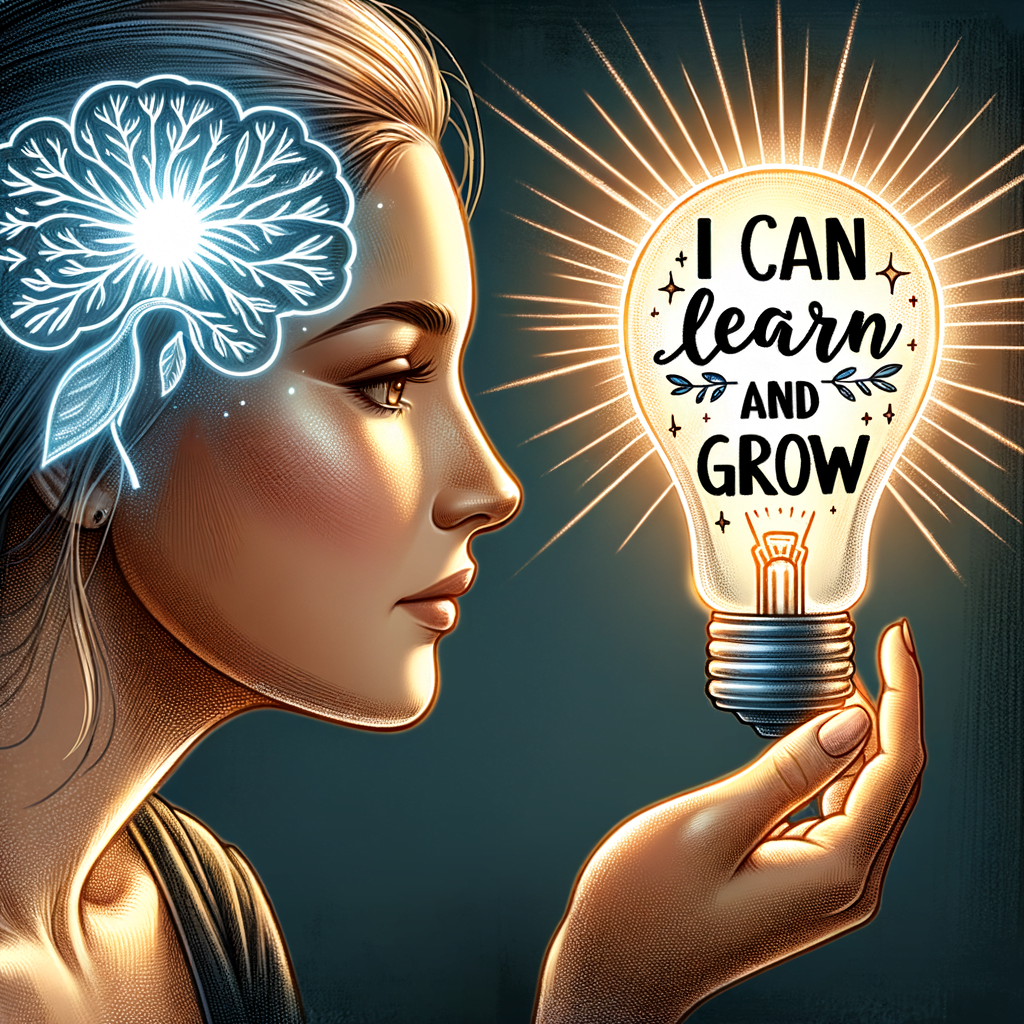
The lessons learned during those tumultuous university years became the foundation for a more compassionate and understanding relationship with myself. I learned to appreciate diverse forms of intelligence, acknowledging that brilliance exists in various realms – from arts and letters to nature and spiritual modalities. Understanding that the journey is as significant as the destination, and appreciating the intricate tapestry of diverse intelligences, transformed my perspective.
At times, feeling inadequate in a particular field can lead to self-criticism, but it’s crucial to recognize that it doesn’t imply inherent incompetence. Instead, it may signal being misplaced. Like a fish out of water, your brilliance might just shine elsewhere. This realization aligns with Einstein’s wisdom: ‘everyone is a genius, but if you judge a fish by its ability to climb a tree, it will live its whole life believing that it is stupid.’ History itself showcases figures like Van Gogh and Picasso, initially misunderstood due to dyslexia, who went on to redefine artistic genius. It’s a reminder that our potential brilliance often lies undiscovered until we navigate the right waters.
As a personal revelation, the message to my younger self resonates clearly – embrace your unique journey, be gentle with yourself, and recognize that we all possess genius in various forms. Appreciate the intelligence inherent in your experiences and discard the chains of comparison—an unwise endeavor indeed. Celebrate your individuality. In the end, joy springs from acknowledging your progress, not from measuring it against someone else’s.
Seizing Opportunities Without Regrets
I’m not yet mid-thirties, but I sometimes feel I’ve already settled in life. When you’re young and carefree, it seems easier to take big risks and chase boundless opportunities. Your twenties are the time to go all in, take flight, and channel your endless reservoirs of energy. You feel invincible and believe anything is possible.
Looking back, I’d remind my younger self—just go for it! Don’t hesitate. Be audacious and leap at chances. Youth is meant for exploration and adventure. Overthinking will only hold you back. The worries will still be there tomorrow, so for today, mute them and take the plunge. Fortune favors the bold.
I’ll admit though, I have some mixed feelings on always following fleeting impulses. Rejecting certain opportunities still nags me, like passing up academic prizes to study abroad. I was disheartened at the time. But dwelling on the past is fruitless. “What if’s” will only drive you mad.

Everything happens for a reason. If it wasn’t your time then, it simply wasn’t meant to be. Forgive yourself. Absorb the lessons. Then refocus your sights on the journey ahead. The present is a gift—use it wisely. New chances will align when you’re ready. Regrets and rumination gain you nothing.
My advice to youth remains: yes, be audacious and leap! But listen to your intuition too. Not every chance is right for you. When opportunities align with your purpose, you’ll feel it. Have the courage to take risks then. But also practice self-compassion when things don’t work out. You’re still painting the canvas of your one precious life.
Developing Financial Literacy Young
If you noticed, somehow all the previous pieces of advice are very much related to freedom, to ultimately make smart decisions and free yourself from unnecessary struggles. Even if exercising discipline to reach goals allows little flexibility now, it ultimately leads to greater autonomy and expanding choices ahead. What I’ll share here maintains this theme, but this time with a focus on financial perspective.
It all starts with learning how money works from an early age. By keeping your finances in good health, you’ll have a broader range of possibilities when it comes to planning your life. Begin with simple steps, such as creating a financial budget to gain a clear understanding of where your money is going and keeping it on the right track. If you don’t know where to start, I invite you to give it a go to our financial budget planner ‘SPENDSMART’. Personally, I wish I had done this sooner as it would have allowed me to reach a better place earlier and prioritize my goals more effectively. That’s a definite win.
Equally important is building a foundation of financial knowledge early on. If you’re eager to explore the idea of financial freedom more extensively, I highly recommend checking out Maciek’s post. Ideally, this knowledge should be imparted in schools, covering topics like the distinction between money and fiat currency, the historical evolution of money, the concept of inflation and deflation, the symbiotic relationship between governments and banks in controlling fiat currency (which is not real money), the difference between assets and liabilities, the workings of governmental bonds, and even what happens when you deposit physical money or fiat currency into a bank. This knowledge empowers you to make sound financial decisions.
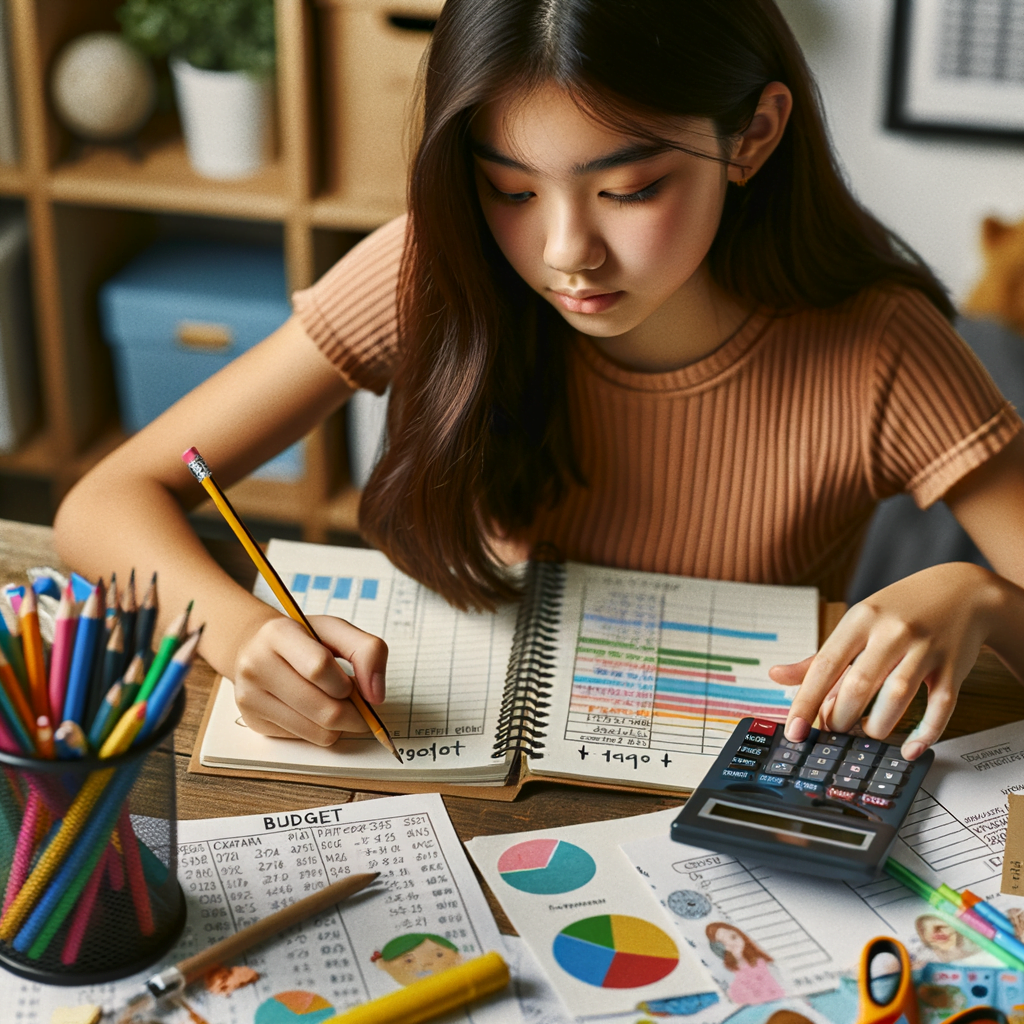
A great resource to begin your financial education is ‘Hidden Secrets of Money’ by Mike Maloney. Two highly recommended books to expand your financial knowledge are ‘Rich Dad Poor Dad’ by Robert T. Kiyosaki and ‘The Psychology of Money’ by Morgan Housel. Kiyosaki’s book is a true gem, providing easy-to-understand insights on making money work for you. Housel’s book explores the psychological factors influencing financial decisions, making it a worthwhile read.
The message is clear – build your financial knowledge starting young. Learn what money truly is and how it works. Arm yourself with financial literacy to make informed choices. Develop healthy money habits through budgeting and smart goal-setting. Knowledge brings freedom and expands possibilities. Start early to gain financial wisdom and control over your economic future. The resources are out there – seize the opportunity to become money-smart from the get-go.
Conclusion
As we wrap up this first part of reflections from my present self, I hope these initial lessons prove thought-provoking on your own journey. From nurturing body wisdom to seizing opportunities and early financial literacy, they guide intentional choices.
I would love to hear your prespectives and experiences as well:
- What lessons would you share with your younger self?
- How did you learn to listen to your body’s needs?
- What’s your biggest takeaway from mistakes or missed opportunities?
Feel free to share any insights or your own perspectives in the comments – I look forward to continuing our discussion in Part 2. For now, go forth and live life boldly!

